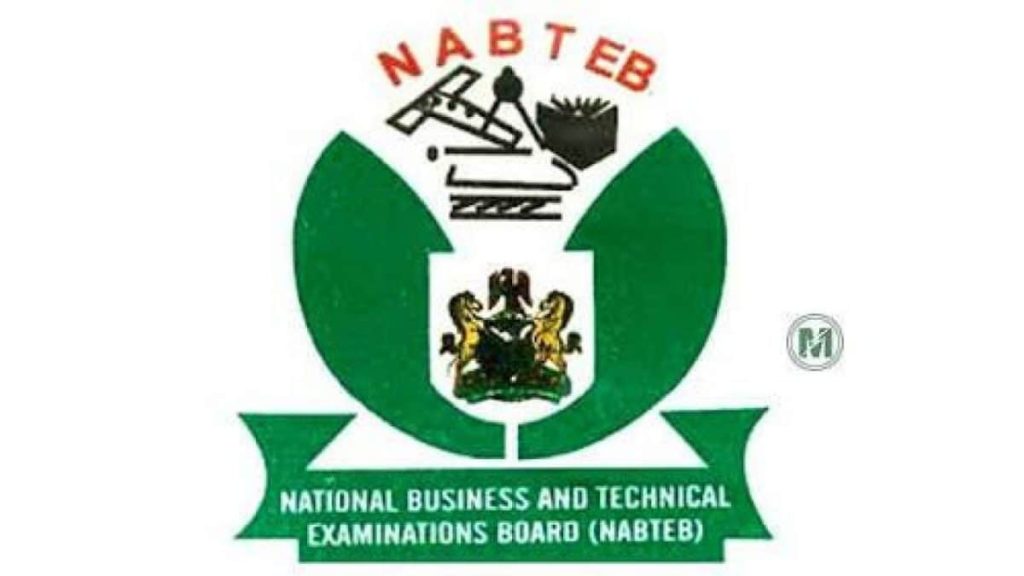The National Business and Technical Examinations Board (NABTEB) has announced a major step in reshaping Nigeria’s technical and vocational education. In a move described as a landmark reform, the board has started reviewing and validating syllabuses for 26 trade areas across technical colleges nationwide.
The review, carried out in partnership with education regulators, industry stakeholders, curriculum experts, and principals of technical colleges, is expected to redefine the future of technical education in Nigeria.
Why This Matters
According to NABTEB’s Registrar and Chief Executive, Dr. Mohammed Aminu Mohammed, this initiative is part of the federal government’s deliberate strategy to make Technical and Vocational Education and Training (TVET) a strong driver of national development.
He emphasized that this reform isn’t just about updating textbooks—it’s about preparing Nigerian students for the future of work and global competitiveness.
“Today marks a great moment in Nigeria’s journey towards educational excellence and economic transformation,” Dr. Mohammed said. “We are participating in an initiative that will reshape the landscape of technical education in our nation.”
What’s Changing in the Syllabuses?
The 26 trades under review cover a wide range of modern and traditional skills that align with Nigeria’s economic needs and global trends. Some notable areas include:
Robotics, Coding & Machine Learning
Industrial Mechanics & Automotive Mechatronics
Smart Agriculture & Mechanised Farming
Cinematography & Creative Media Production
Social Media & Digital Communications
Electrical & Solar PV Installations
Hospitality & Catering
Beauty Therapy & Cosmetology
Fisheries & Aquaculture
These programs combine innovation, sustainability, and industry relevance, ensuring that graduates can compete globally while meeting local manpower demands.
A Step Toward Sustainable Development
One highlight of the reform is its focus on green and sustainable programs. Trades like Solar PV Installations and Smart Agriculture are designed to address challenges in energy and food security while promoting environmentally responsible practices.
Industry + Education = Real Skills
Dr. Mohammed stressed that this reform was only possible through collaborative partnerships. Industry leaders provided vital input, ensuring the new syllabuses meet real-world market demands.
He added that NABTEB will ensure the reforms don’t remain on paper but will be implemented effectively through:
Training educators
Developing new assessment tools
Maintaining quality assurance
Encouraging industries to provide internships, mentorships, and workplace learning
What’s Next?
The review and validation process runs until Friday, September 12, 2025. Once completed, the updated syllabuses will be rolled out across technical colleges nationwide—ushering in a new era for Nigeria’s technical and vocational education system.
Final Thought from Jamflash:
This reform is more than an academic update—it’s about giving young Nigerians the skills to thrive in a technology-driven world while solving national challenges in energy, food production, and economic diversification.

